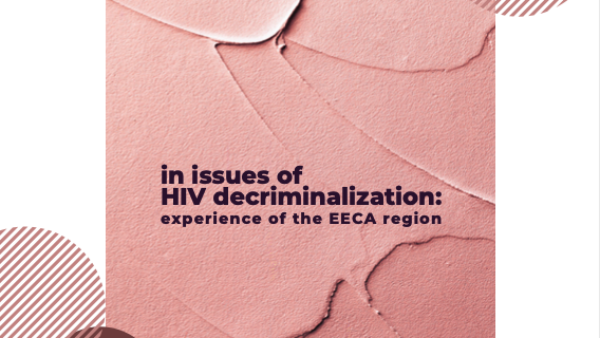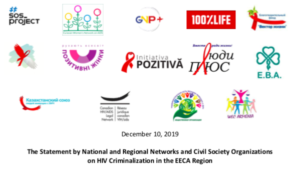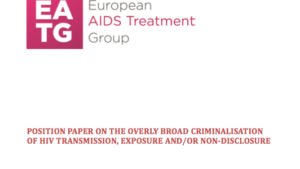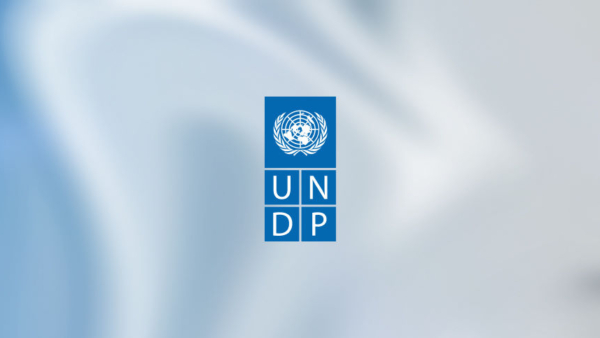Overview
Georgia has both an HIV-specific law, enacted in 1995, as well as specific provisions in the Criminal Code. An amendment to the Criminal Code was approved in 2006 that allowed for prosecution of both HIV ‘exposure’ and transmission in the absence of disclosure.
Article 131 of the Criminal Code criminalises ‘creating a threat of intentional infection’ (exposure) and ‘intentional infection’ (transmission) with penalties of three to five, and four to seven years’ imprisonment, respectively. The same provision makes ‘negligent infection’ through the execution of professional duties an offence punishable by two to five years’ imprisonment and deprivation of professional occupation for up to three years. The prison sentences for all three of these offences is increased to five to nine years where committed against two or more people, pregnant women, or minors.
While Article 131 appears to require an element of intent, the offence under Article 132, which applies broadly to ‘dangerous infectious diseases’, criminalises ‘exposure’ and transmission without a requirement of intent. The penalties for these acts are lower, at up to one year imprisonment, ‘corrective labour’ for up to six months, or a fine, and imprisonment for up to two years, or corrective labour for up to one year, respectively.
In June 2020, the Georgian NGO, Movement for Equality, submitted a legislative proposal to the Legal Affairs Committee of parliament which would amend Article 131 to remove reference to HIV/AIDS and instead make the provision apply broadly to blood and sexually transmitted infections in order to destigmatise HIV, as well as removing the professional negligence aspect of the offence. The Committee rejected the proposal.
The Law on HIV Infection/AIDS requires all people living with HIV to disclose their status to sexual partners under Article 11. Article 8 compels healthcare providers to make such disclosure where a person living with HIV fails to do so. There are no penalties for failure to abide by these provisions stipulated within this law. Although disclosure of status is legally required, proof of disclosure is not a defence to prosecution under the Criminal Code.
There have been four known prosecutions, all of them for alleged intentional infection of another person with HIV. Three of them resulted in convictions. Case law suggests that intention is presumed where someone is aware of their status and has been informed of the risk of transmission.
In a case in 2014, a man living with HIV was convicted under Article 131 for ‘intentional transmission’ after his wife reported him to police, alleging that he refused to wear condoms when having sex with her, after which she contracted HIV. The evidence of healthcare professionals suggested they had warned the man of the possibility of HIV transmission through unprotected sex, which was taken as evidence of his intent to transmit for the purposes of this section.
A 2023 report by the Eurasian Women’s Network on AIDS reported that a Georgian women’s rights organisation, Gvirila, submitted a freedom of information request to authorities which revealed that there had been no prosecutions under Article 131 from 2018 to April 2022.
Laws
Criminal Code of Georgia
Chapter XXI Endangering Human Life and Health
Article 131. Infecting with AIDS (sic)
1. Creating a threat of intentional infection of another person with AIDS, – is punished by imprisonment for a term of three to five years.
2. Intentional infection of another person with AIDS, – is punished by imprisonment for a term of four to seven years.
3. Infection by negligence of another person with AIDS when performing professional duties, – is punished by imprisonment for a term of two to five years, with deprivation of the right to hold an official position or to carry out a particular activity for up to three years.
4. The act provided for by paragraphs 1, 2 or 3 of this article committed:
a) against two or more persons;
b) knowingly by the offender against a pregnant woman or a minor,
– is punished by imprisonment for a term of five to nine years, with deprivation of the right to hold an official position or to carry out a particular activity for up to three years.
Criminal Code of Georgia
Article 132. Infecting with particularly dangerous infectious diseases
1. Creating a threat of infecting other persons with particularly dangerous infectious diseases, – shall be punished by a fine or corrective labour for up to six months, or with imprisonment for up to a year.
2. Infecting another person with a particularly dangerous infectious disease, – shall be punished by a fine or corrective labour for up to a year, or with imprisonment for up to two years.
3. The act provided for by paragraph 1 or 2 of this article committed:
a) to two or more persons;
b) knowingly by the offender against a pregnant woman or a minor,
– shall be punished by a fine or imprisonment for two to five years.
Law of Georgia On HIV Infection/AIDS
Article 11 – Duties and responsibilities of persons infected with HIV and/or ill with AIDS
1. Persons infected with HIV and/or ill with AIDS shall be liable if creating a threat of infecting persons and transmitting AIDS to other persons as provided for by the legislation of Georgia.
2. Persons infected with HIV and/or ill with AIDS who know about their HIV positive status are obliged to inform their spouse and/or sex partner about their HIV infection in a prescribed manner.
Article 8 – Obligations of service provider institutions and personnel
(…)
7. If persons infected with HIV and/or ill with AIDS fail to fulfil the requirements defined in Article 11(2) of this Law, service provider institutions which implement the diagnostics, treatment, prophylaxis, support/assistance and/or care of persons infected with HIV and/or ill with AIDS, are obliged to notify a spouse and/or sexual partner of such persons with regard to the HIV positive status of such persons as provided for by the legislation of Georgia, if the identity of the spouse and/or sex partner is known.
Further resources
An analysis of the legal environment in Georgia, The Republic of Belarus, The Kyrgyz Republic, and The Republic of Uzbekistan in the context of the criminalisation of people living with HIV.
This analysis, published in 2022 by the Eurasian Women's Network on AIDS, examines the current state of the law in Georgia and three other countries in Eastern Europe and Central Asia, documenting the scope of the law and reported cases. It includes a list of recommendations on how the law should be improved.
This report is available in Russian.
Authors: Eurasian Women’s Network on AIDS (EWNA)
Regional HIV criminalisation report that summarises the state of play regarding HIV criminalisation laws and known prosecutions in the EECA region.
Authors: Eurasian Women’s Network on AIDS (EWNA)
Regional HIV criminalisation report that summarises the law and prosecution data in each country in the EECA region.
HIV Justice Network's Positive Destinations
Visit the Georgia page on Positive Destinations for information on regulations that restrict entry, stay, and residency based on HIV-positive status, as well as access to HIV treatment for non-nationals.





